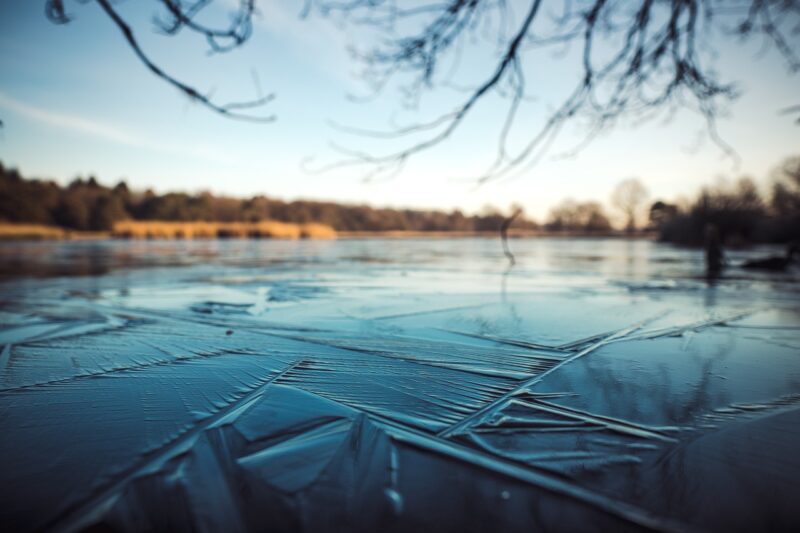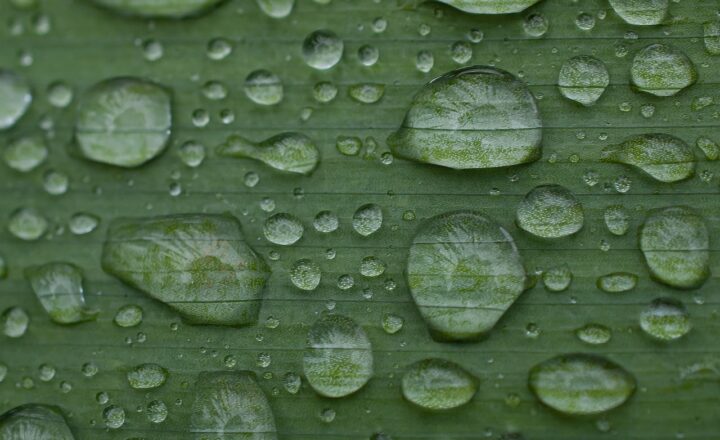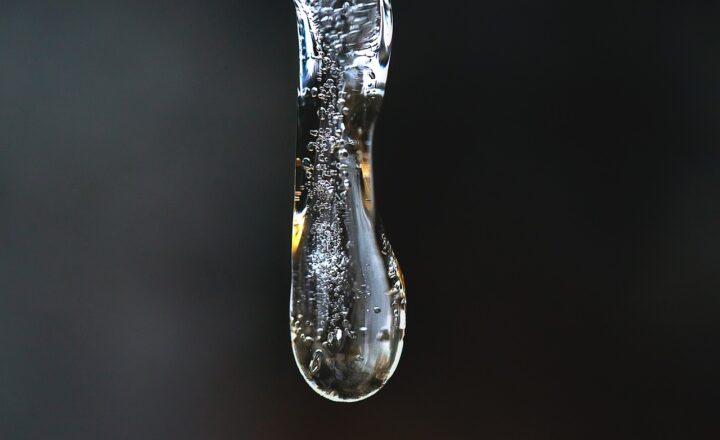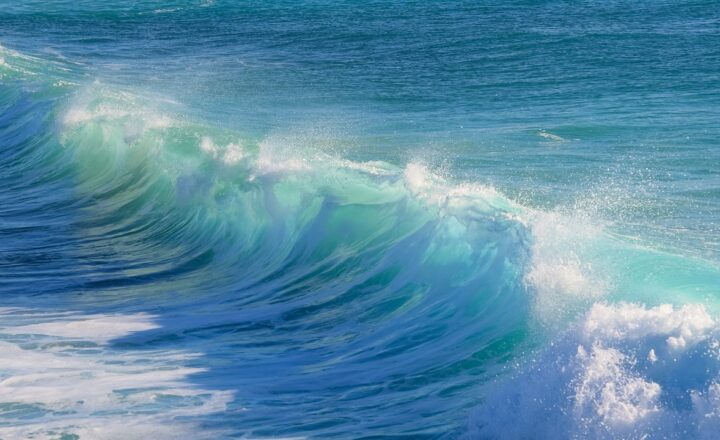
Ice floats on water, a phenomenon that seems simple but is rooted in fascinating science. Water is unique among substances because it is one of the few materials that expand as it freezes, making ice less dense than liquid water. This property plays a crucial role in aquatic ecosystems, climate, and even in our everyday lives. Understanding why ice floats not only opens the door to deeper scientific knowledge but also offers insights into how life on Earth sustains itself.
1. The Chemical Structure of Water: A Fundamental Basis
Water (H₂O) is made up of two hydrogen atoms and one oxygen atom. The way these atoms bond is essential to understanding why ice floats. Water’s molecules are polar, meaning they have a slight positive charge on one side and a slight negative charge on the other. This polarity causes water molecules to be attracted to each other, forming hydrogen bonds. In liquid form, these bonds are relatively short-lived, constantly breaking and reforming as molecules move around.
When water freezes, the arrangement of the molecules changes dramatically. The molecules slow down and maintain a hydrogen-bonded structure that is more open and organized. As a result, ice creates a crystalline lattice that is spacious, making ice less dense than liquid water. This leads to the remarkable phenomenon of ice floating.
2. Density: A Key Player in Why Ice Floats
Density is defined as mass divided by volume. In simple terms, if a substance is denser than the fluid it’s placed in, it will sink. Conversely, if it’s less dense, it will float. When water freezes, its density decreases because the crystalline structure takes up more space than the randomly arranged liquid water.
The density of ice is about 0.92 g/cm³, while the density of liquid water is approximately 1.00 g/cm³ at 4°C (39°F). This difference in density is why ice can float on water, allowing icebergs, ice cubes, and frost to remain on the surface instead of sinking.
3. The Importance of Ice Floating for Life on Earth
The fact that ice floats has profound implications for life in aquatic environments. If ice were to sink, bodies of water would freeze from the bottom up. This could potentially eliminate all life in lakes and oceans. Instead, the floating layer of ice acts as an insulating barrier that protects the water below from freezing, allowing aquatic organisms to survive the winter months.
Additionally, floating ice contributes to thermal regulation in larger water bodies, influencing weather patterns and climate. Polar ice caps and glaciers also play a critical role in global climate regulation and sea levels. The ability of ice to float supports ecosystems and species diversity, making it a cornerstone of environmental balance.
4. Experiments to Demonstrate This Phenomenon
A simple experiment can demonstrate why ice floats. Here’s how you can do it at home:
1. *Materials Needed:* A clear glass or container, water, and ice cubes.
2. *Procedure:* Fill the container with water and carefully place a few ice cubes on top. Observe how they float on the surface.
Next, you can heat the water to see how the ice cubes behave. As the water heats up, it will become less dense, and the ice will continue to float. This experiment showcases the solid and liquid states of water while highlighting density differences.
5. Fun Facts About Water and Ice
– Did you know that water expands by about 9% when it freezes? This expansion is what causes pipes to burst in freezing conditions.
– Ice can be slippery due to its surface layer of liquid water that forms when pressure is applied. This phenomenon explains why skating on ice is so effortless.
– Ice in its solid state is used in various applications, from cooling beverages to climate control in refrigeration systems, showcasing its versatility.
Conclusion: The Unique Properties of Water and Their Impact
Understanding why ice floats is a captivating exploration into the changes water undergoes when it freezes. Its unique properties, stemming from molecular structure and hydrogen bonding, play a critical role in sustaining life on Earth. As we continually learn about water’s complexities, we realize the importance of preserving our water resources and the ecosystems they nourish. Whether you’re observing a floating ice cube in your drink or witnessing an iceberg in the ocean, remember that this floating marvel is vital to life itself.





